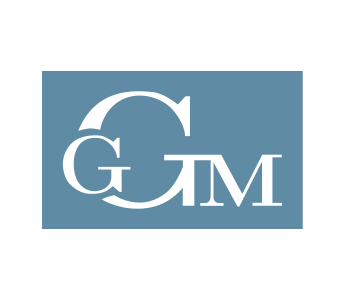Sometimes There Is No Substitute For The Original
A recent Michigan Court of Appeals opinion that considered Article 3 of the Uniform Commercial Code (UCC), indicates that, when it comes to negotiable instruments (such as checks and promissory notes), there is simply no substitute for the original. Shaya v Karam, 2014 WL 1856392 (May 6, 2014). Shaya involved a dispute over a party’s alleged interest in a promissory note.
In Shaya, the plaintiffs filed a complaint under Article 3 of the UCC, attempting to enforce their purported interest in a promissory note, which they had acquired by assignment of the original interest. The parties agreed there were at least two (and possibly more) versions of the original note. Unfortunately, the version attached to the plaintiffs’ complaint was not the original. In fact, the plaintiffs never possessed the original note. At best, they had only a color copy of it. Thus, the court concluded that, because they never had possession of the original note, the “plaintiffs were attempting to enforce a photocopy of a negotiable instrument.” Furthermore, the court stated that, because there were irregularities in the note the plaintiffs did possess, they should have questioned its authenticity.
In the end, it did not matter that the original note’s interest holder owed the plaintiffs money and knowingly signed his name for the purpose of assigning his interest to the plaintiffs, because his signature was never attached to the original note. This small “detail” cost the plaintiffs their $400,000 claim.
The court’s opinion here is cautionary on at least two levels. First, this case demonstrates that only the original will suffice for transactions involving negotiable instruments. Those in the claims trading business should be particularly cautious of this to protect their interests. Secondly, this case illustrates the importance of pleading alternative claims. The plaintiffs here attempted to enforce the note only under the UCC. They ignored any common law claims they may have had against the defendant. Whether filing a common law claim would have changed the outcome in this case is unknown, but failing to plead an alternate claim precluded the plaintiffs from the possibility of prevailing under another theory.
News and blog articles presented in this website are distributed for general information purposes only with the understanding that the author, publisher and distributor of articles is not rendering legal, accounting, or other professional advice or opinions on specific facts or matters and, accordingly, GGTM assumes no liability whatsoever in connection with the use of any article. Pursuant to applicable rules of professional conduct, this communication may constitute Attorney Advertising.

